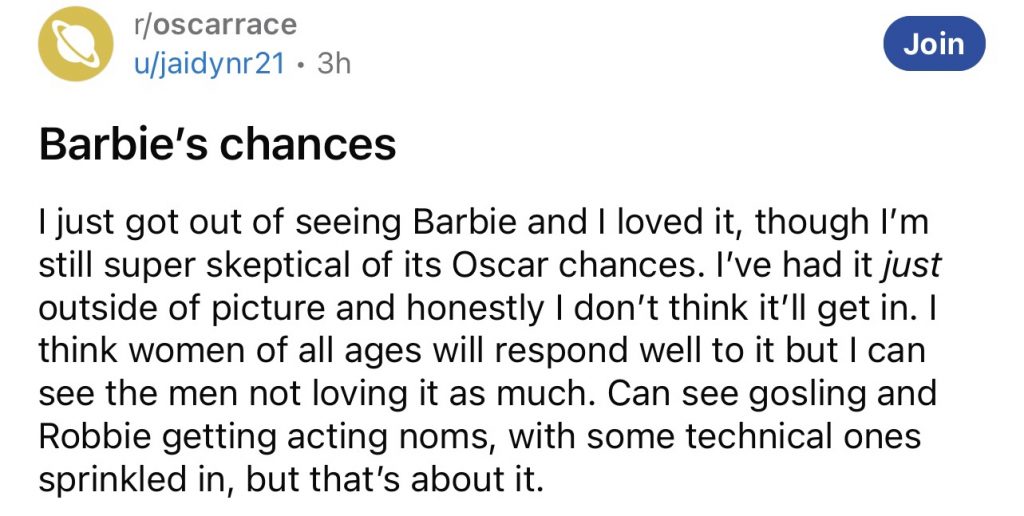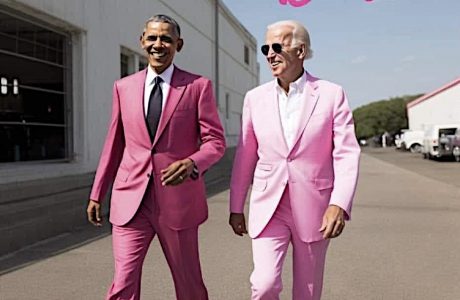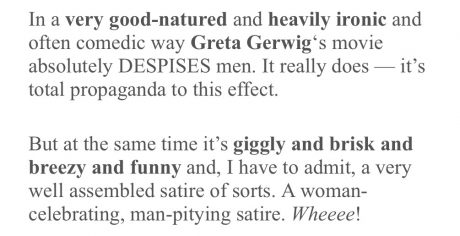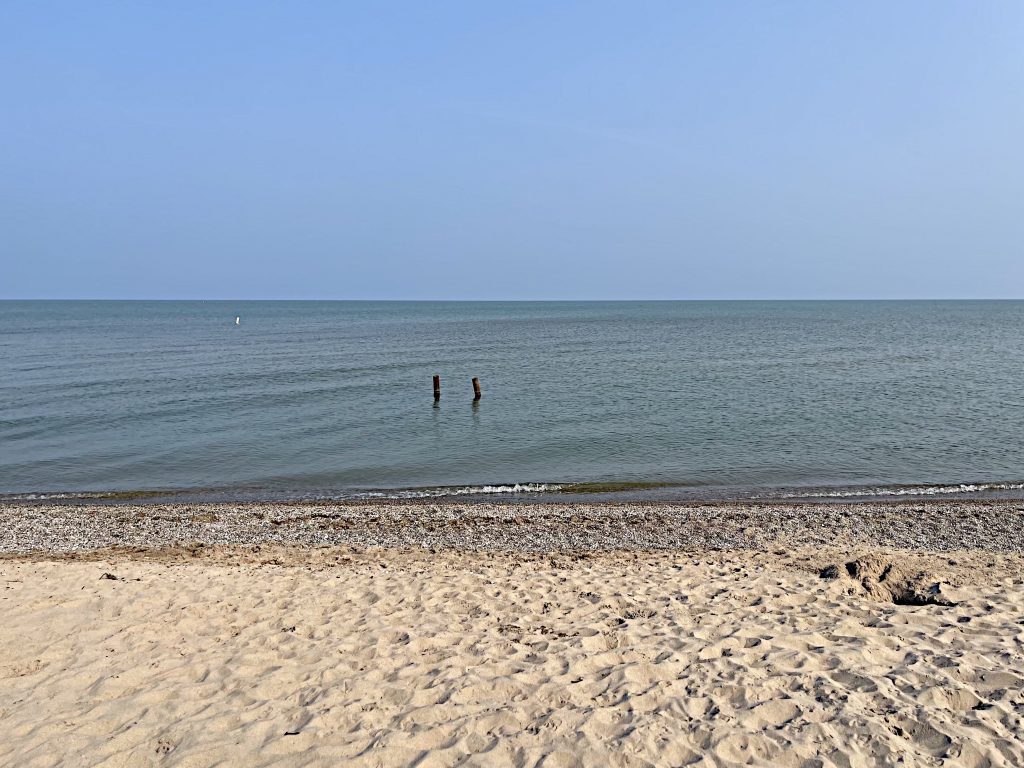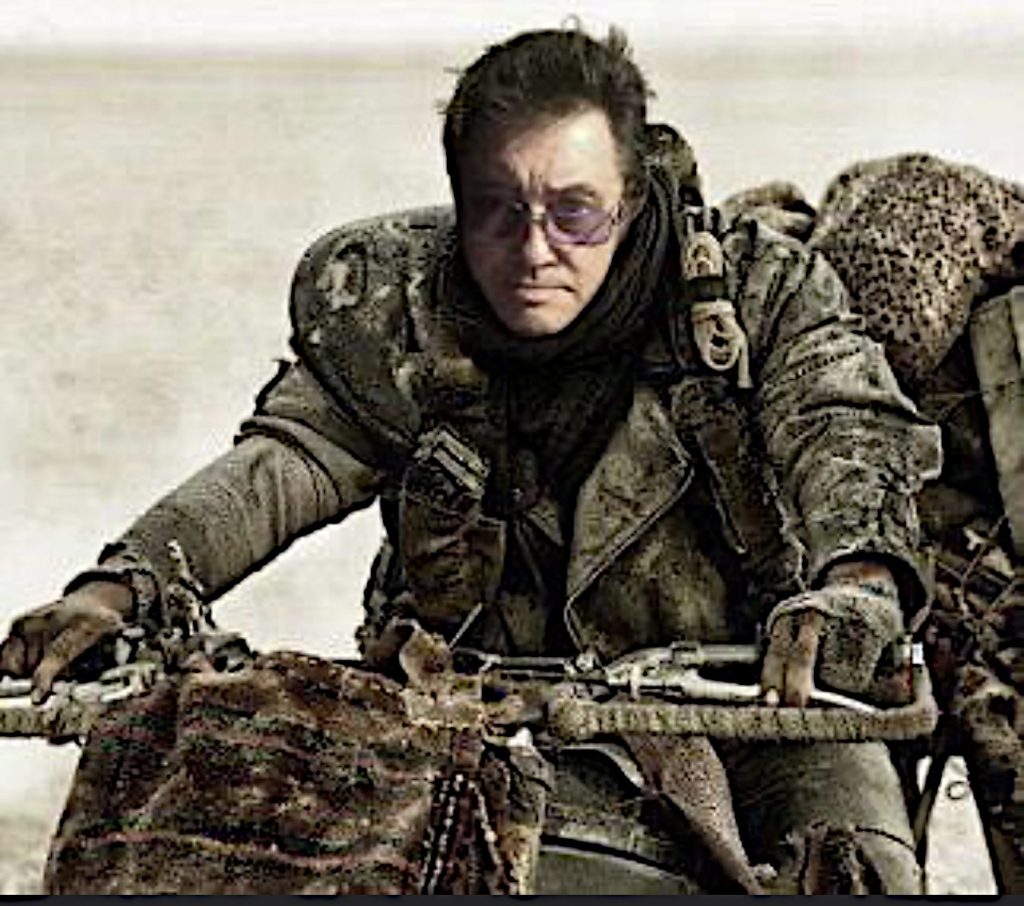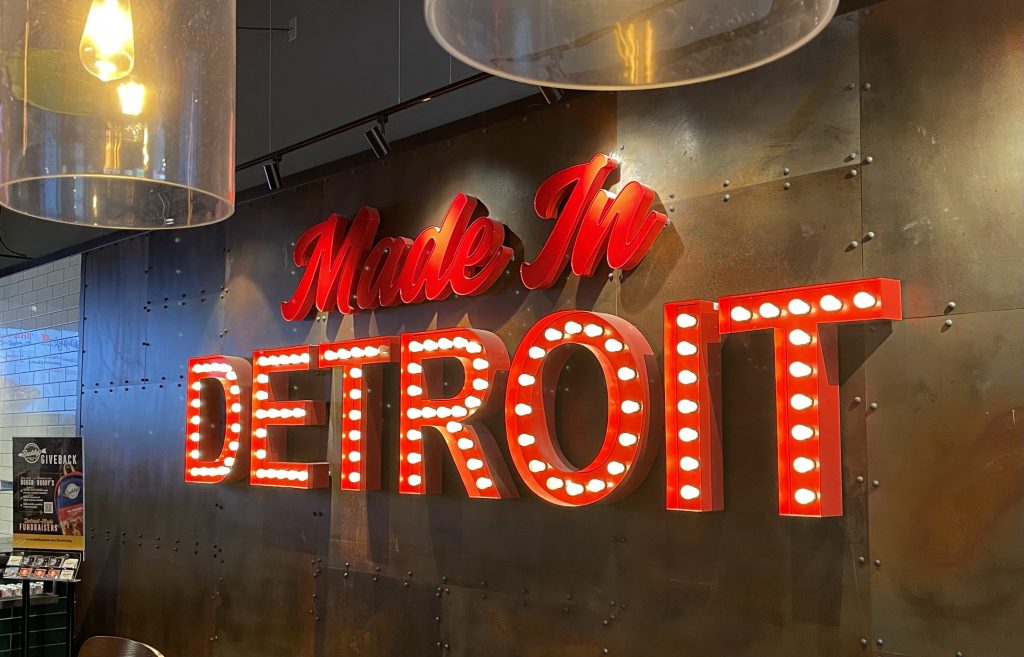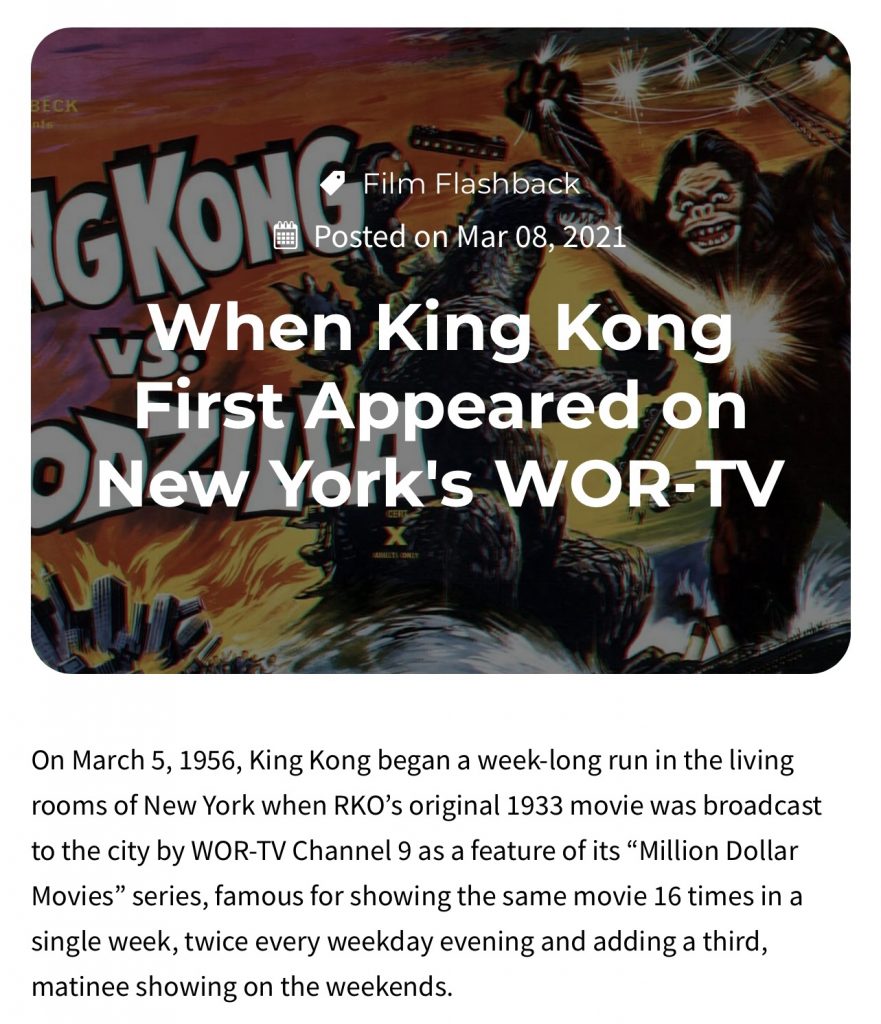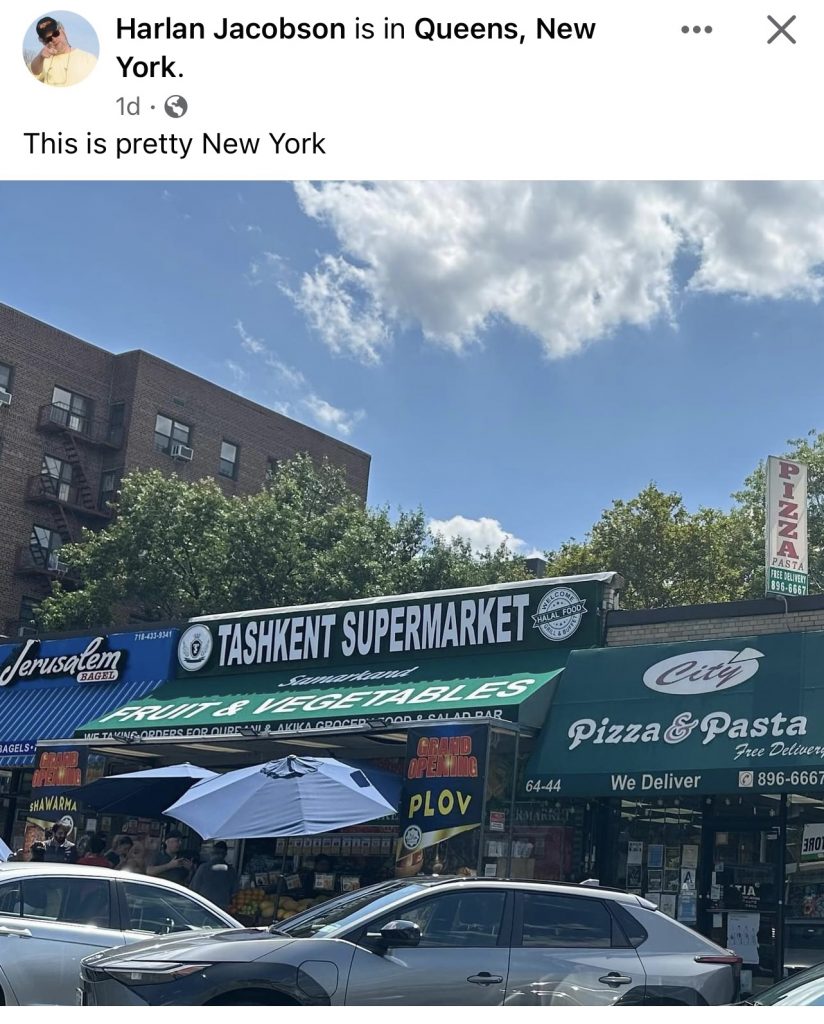Hollywood Elsewhere began reading stories and essays by the great Charles Bukowski in the early ‘70s. And then, while working the Barfly press kit for Cannon in ‘86, I actually met and hung with the guy at his Long Beach home.
At a certain juncture in our chat he spoke of me and himself in the third person. “He admires Bukowski,” he said. “He’s influenced by Bukowski.”
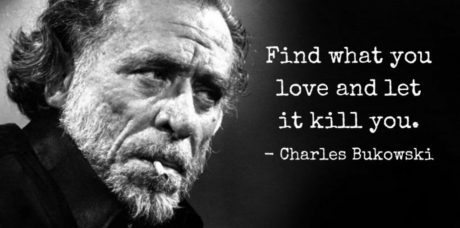
HE Plus, 6.29.19: There’s a great Charles Bukowski line from one of his short story volumes, a line about how good it feels and how beautiful the world seems when you get out of jail.
I can personally confirm that. Not only does the world look and feel like the friendliest and gentlest place you could possibly experience, but it smells wonderful — food stands, car exhaust, sea air, asphalt, window cleaner, green lawns, garbage dumpsters. Compared to the well-scrubbed but nonetheless stinky aroma of the L.A. County Jail, I mean.
I did three or four days in L.A. County in the ’70s for unpaid parking tickets. Remember that Cary Grant line in North by Northwest about the cops chasing him for “seven parking tickets”? Well, I went to jail for not paying the fines on 27 of the damn things. That’s right — 27. I had a half-arrogant, half-cavalier attitude back then, to put it mildly. I didn’t agree with the idea of forking over hundreds in parking fines. The money they wanted was excessive, I felt, especially after the penalties increased after I didn’t pay in the first place.
One night after 9 pm I was driving west on Wilshire Boulevard, not too far from Bundy. I was pulled over for running a red light. They ran my plates and I was promptly cuffed and taken down to the West Los Angeles police station on Butler Avenue.
The desk cops discovered my multiple offenses after doing a search, of course, They printed out copies of each arrest warrant for each “failure to pay fine.” I remember some laughter as the printer kept printing and printing and printing.
I was taken down to L.A. County later that night. It was just like what Dustin Hoffman went through in Straight Time. A shower, orange fatigues, bedding. I was put into a cell with three other guys. Being in close proximity to bald naked winos who smelled horrible…memories!
Over the next three or four days I was driven around to the various municipalities where I’d failed to put quarters into the meter — Santa Monica, Van Nuys, Malibu, Central Los Angeles. In each courtroom I was brought before a judge, listened to my offenses, pled “guilty, your honor” and was given a sentence of “time served.” I was released at the end of the fourth day.
It was an awful thing to go through, but I managed to eliminate a total debt of at least $2K (it might have closer to $2500) so when I got out I didn’t owe a thing to anyone. So in a sense I earned or was “paid” at least $500 a day.
I know enough about mingling with other lawbreakers to recognize the truth of a line that Hoffman’s Max Denbo said in Straight Time: “Outside it’s what you have in your pockets — inside it’s who you are.”
I remember spending several hours in a common-area holding cell with nine or ten guys. One flamboyantly gay guy was jabbering with everyone and discussing his life and values and colorful adventures. He talked a lot about how much he loved hitting his favorite bars in “Glitterwood” (i.e., West Hollywood). At one point he came over to me and flirted a bit…sorry.
There’s nothing like getting out of jail to make you feel like Jesus’ son. It reminds you what a wonderful and blessed place the world outside is, and what a sublime thing it can be to walk around free and do whatever you want within the usual boundaries, and how serene it can be to be smiled at by strangers in stores and restaurants. People you wouldn’t give a second thought to suddenly seem like good samaritans because of some act of casual kindness.
Jail doesn’t just teach you about yourself but about your immediate circle. “If you want to know who your friends are,” Bukowski once wrote, “get yourself a jail sentence.” Or do some time in a hospital bed.

